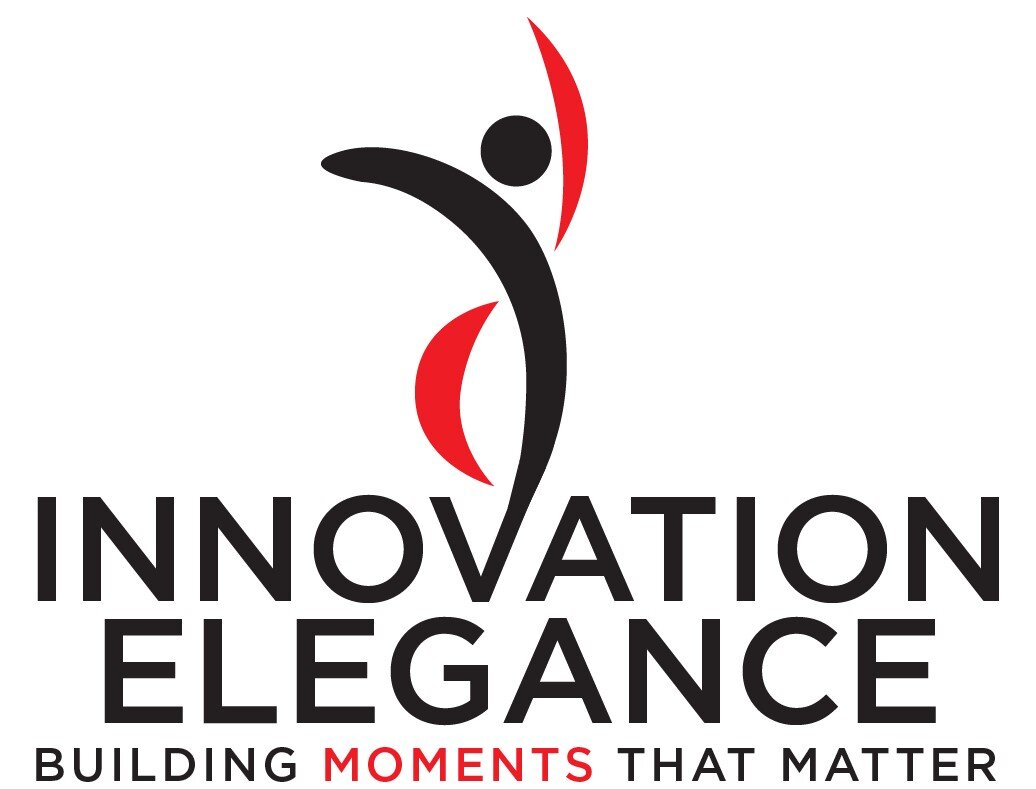Improve Your Culture’s Economics
“Projects are forgiving at their start OR at their end - but never both.”
Economics must drive your innovation culture.
Organizations don’t adopt and execute a methodology for the sake of the methodology itself. Process is not just for the sake of process. Documentation is not just for the sake of documentation. All these things exist for economic purposes, value, and profit.
The largest and most common mistakes related to the economics of Innovation include:
initiate innovation (start projects) in the wrong priority and sequence
experiencing a negative surprise near project completion (a.k.a. “moving the goalposts”) and experiencing runaway project costs
wandering away from — failing to maintain ruthless integrity for — the value proposition
On the other hand, signs that your innovation factory has a healthy economic mindset:
Your project portfolio optimizes globally not locally
The start of an innovation occurred at a tipping point when the project became the next most valuable (“NMV”) investment (evident on your Roadmap)
The value propositions stay intact and in focus during the course of the project - manage with a short leash because your outcomes require outputs
Keep projects small (this keeps you agile)
Having the courage and humility to suspend a project when you learn something new and need to pivot
The completion of the project benefitted from generous upstream rigor such that the go-live / launch event was more exciting than painful
Being attentive to long-term, sustainable profitability is not greedy. Inevitably, it is customer-focused. Don’t adopt to frameworks and formalities for academics’ sake. Adopt them to increase value and revenue. Adopt them to reduce marginal cost. Remember these typical mistakes and execute economically-minded habits. Don’t apologize for an innovation culture committed to responsible economics.


